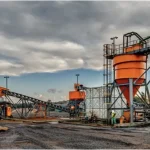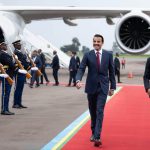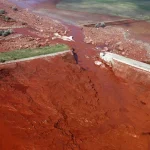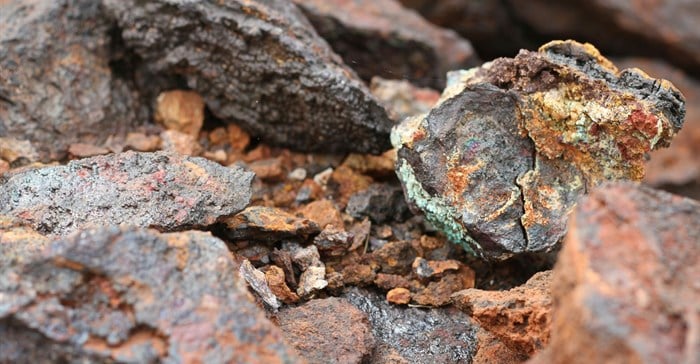The European Union (EU) foresees Rwanda emerging as a pivotal center for mineral resources, sparking a potential diplomatic rift with the Democratic Republic of Congo (DRC). This tension arose subsequent to a memorandum of understanding signed on February 21 between Brussels and Kigali, aiming to integrate sustainable value chains for critical raw materials.
The memorandum, inked by Jutta Urpilainen, European Commissioner for International Partnerships, and Vincent Biruta, Rwandan Minister of Foreign Affairs, seeks to foster cooperation for robust and sustainable commodity value chains, alongside supporting economic diversification efforts.
As per the EU’s press release, the agreement also seeks to mobilize resources for infrastructure development required for enhancing commodity value chains, while also improving the investment climate and promoting research, innovation, and technology sharing related to raw material extraction and utilization. Mr. Biruta expressed Rwanda’s commitment to ensuring prosperity and sustainability, stating that the partnership with the EU will significantly contribute to this vision.
However, the Congolese government swiftly reacted to the agreement. Patrick Muyaya, the Congolese Minister of Communication and Media, expressed bewilderment on social media platforms, highlighting the perceived inconsistency of the EU engaging in such an agreement with Rwanda, a country accused of severe human rights violations and trafficking minerals from the DRC.
President Felix Tshisekedi, re-elected for a second term in December, also criticized the EU, equating mineral purchases from recipient countries to complicity in the exploitation of Congolese resources. Christophe Lutundula Apala, the Congolese Minister of Foreign Affairs, demanded clarification regarding what was perceived as ambiguous conduct by the EU, especially considering their stated desire to contribute to resolving the crisis in the east and ending the exploitation of natural resources.
The backlash extended beyond political realms, with gynecological surgeon Dr. Denis Mukwege, an unsuccessful presidential candidate, condemning the EU for what he deemed as geostrategic cynicism and double standards undermining the credibility of international institutions. Mukwege emphasized the connection between mining and ongoing conflicts in eastern DRC, attributing illegal mineral trade as a root cause of violence and human rights abuses in the region, while also accusing Rwanda of exacerbating the security situation in the east by allegedly backing the rebel group M23.
The EU’s rationale behind the agreement with Rwanda underscores the country’s economic potential in the mining sector, particularly in the production of tantalum, tin, tungsten, gold, niobium, lithium, and rare earths—minerals essential for electronic equipment manufacturing. With Rwanda boasting a conducive investment environment and adherence to the rule of law, the EU envisions it as a potential hub for value addition in the mineral sector.















